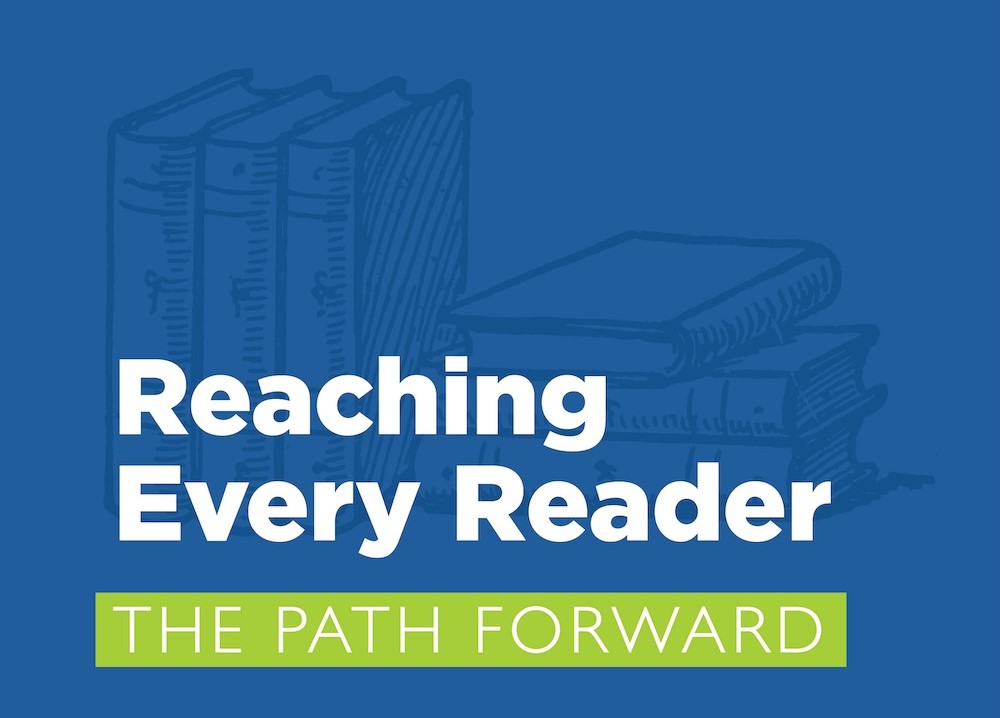Hearing from Parents: Recognizing Families as Crucial Partners in Reading Instruction
This report, which is based on conversations with parents of New York City students about their experiences working with their children’s schools as their children were taught to read, makes recommendations for New York City Public Schools (NYCPS) on how to partner with families as the city enters the next stages of its efforts to improve reading instruction across the school system.

This report, Hearing from Parents: Recognizing Families as Crucial Partners in Reading Instruction, is based on a series of virtual listening sessions AFC held with parents of New York City students last summer.
Mayor Eric Adams and Chancellor David Banks have made improving student literacy a major priority, and NYCPS has launched several related initiatives, including rolling out new curriculum in elementary schools; screening students for reading difficulties; taking steps to improve schools’ ability to deliver intensive reading intervention to some students who need more support; and opening a handful of new structured literacy pilot programs for students with dyslexia.
“New York City Public Schools has taken on the critically important challenge of improving the way they teach children to read. Effective partnership with families is an essential component of that work,” said Kim Sweet, Executive Director of Advocates for Children of New York. “While some schools have done an excellent job communicating with families and tapping into their expertise about their children, others need a lot more direction and support.”
Shy Washington, the parent of a middle school student who struggled with reading for years without receiving support, described frustrations voiced by other parents as well: “I was hitting so many walls with my son learning to read. I was going around in circles, like I was on a hamster wheel. And I strongly felt like the school should have been my main point of focus—they had my kid for seven years and they should have been there to help us both. I shouldn’t have had to run a marathon to get some resources. I just wanted to know, where was I supposed to go? Who was I supposed to speak to?”
“I was hitting so many walls with my son learning to read. I was going around in circles, like I was on a hamster wheel. I shouldn't have had to run a marathon to get some resources. I just wanted to know, where was I supposed to go? Who was I supposed to speak to?”
Shy Washington, the parent of a middle school student who struggled with reading
Parents pointed out that effective communication needs to happen throughout the school year. “I require constant communication so I know where my child is at academically—especially when it comes to literacy,” said Kimberly Shaw, the parent of a fourth grader. “I don’t receive as much information as I would like, despite my asking for it. I really believe that teachers and parents should have a partnership. I want to know the expectations. There’s a meeting at the beginning of the year where the school shares those expectations about learning to read, but usually that’s early and my own questions don’t come up until later.”
The report recommends that NYCPS:
- Send the message from leadership at the central, district, and school levels that families are crucial partners in this work. To be effective, educators need information that only parents possess about their children; schools should proactively ask parents to share their observations, concerns, and ideas. To this end, NYCPS must set clear expectations for principals and provide guidance and coaching to teachers on partnering with families and effectively communicating across lines of racial, cultural, and linguistic difference.
- Ensure schools are responsive to families’ concerns and provide teachers and administrators with the tools, training, and resources to be able to differentiate instruction for students with a wide range of needs, determine the origin of students’ reading difficulties, and develop plans for providing the support necessary to address them.
- Provide information to families about the literacy curricula in their schools and offer families who want to support literacy instruction at home with the tools to do so.
- Regularly share information with families about how their individual children are progressing with literacy and explain what that information means.
- Comply with existing state regulations regarding parental notification and involvement when students are eligible for Academic Intervention Services or additional reading supports under Response to Intervention.
- Provide families with information about literacy instruction and their children’s progress in their home language and using forms of communication that are accessible and culturally appropriate.
- Train parent coordinators, school social workers, and other parent-facing school staff on the basics of the school’s literacy curriculum and supports available to students who need additional help.
- Give families a clear roadmap for how to get additional help when their children need it.
When schools welcome families as partners in the ongoing work of helping children learn to read, parents are quick to share their enthusiasm. Emely Rumble, the parent of a kindergartener with disabilities whose prior experiences around literacy instruction were particularly frustrating, now has her son in a school where she’s been made a partner in the teaching of literacy skills. “I’ve been thrilled to witness my son’s educational journey at P596X, where communication is not just a practice, but a commitment. The regular updates from the school, coupled with the ‘Book of the Month’ initiative, empower us as parents to actively engage in our children’s learning at home. The monthly parent engagement activities seamlessly integrate with the curriculum, targeting vocabulary and championing literacy. As parents of a selectively mute autistic child, our concerns were met with exceptional support.”
-
View the press release as a PDF
January 25, 2024


